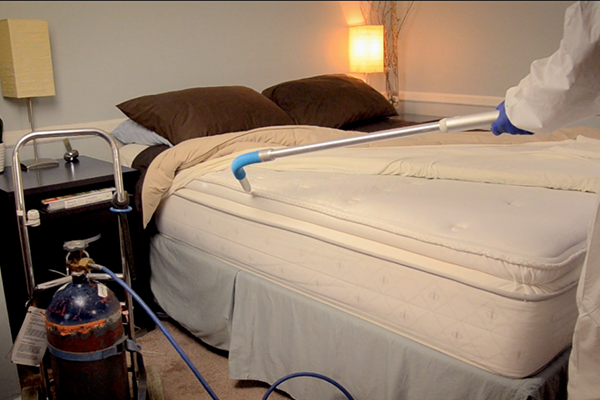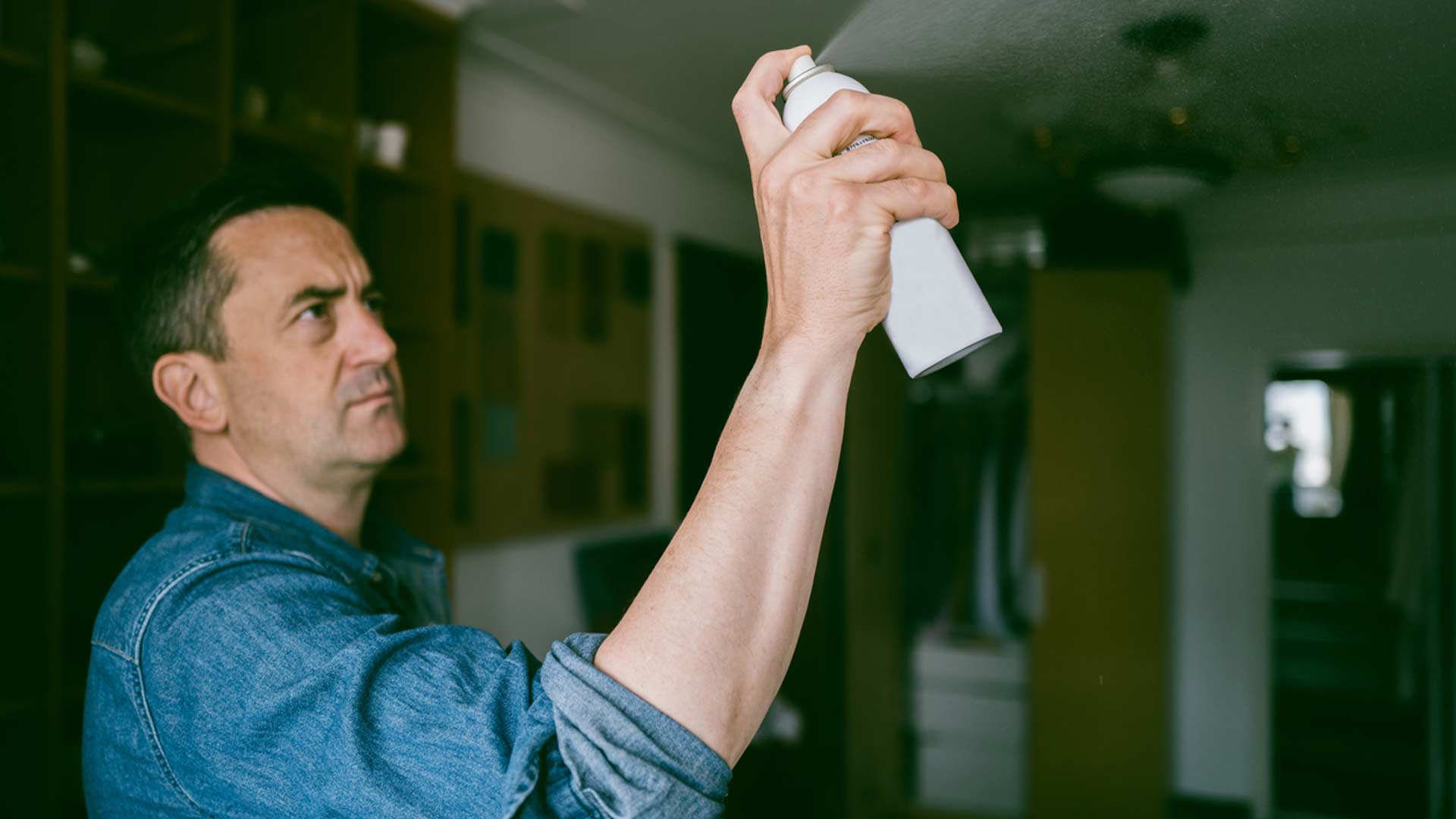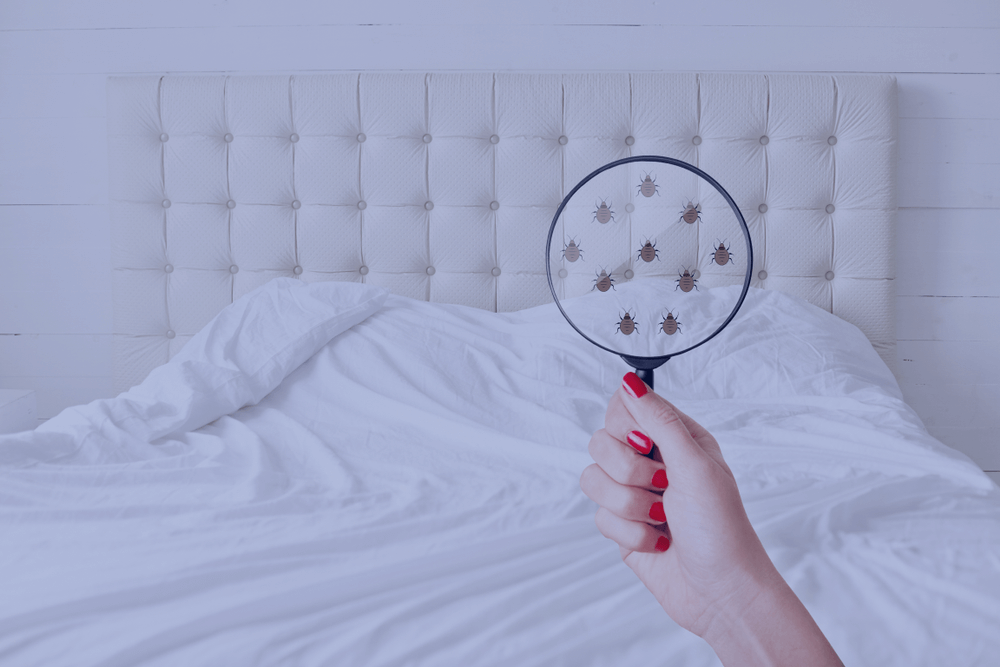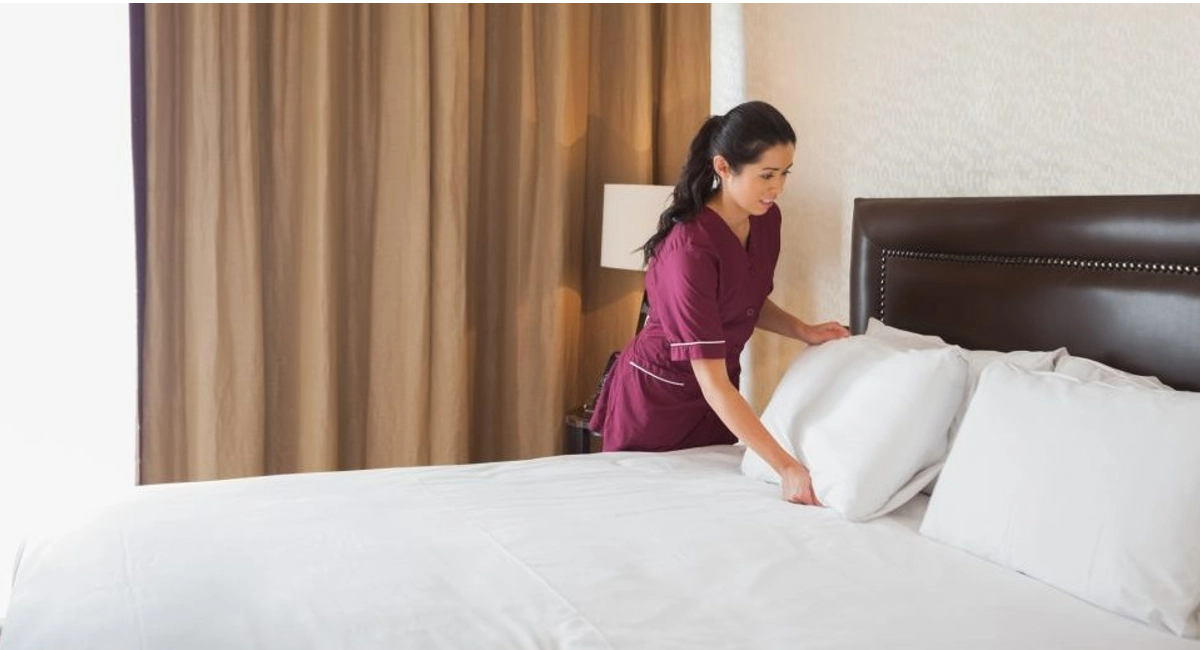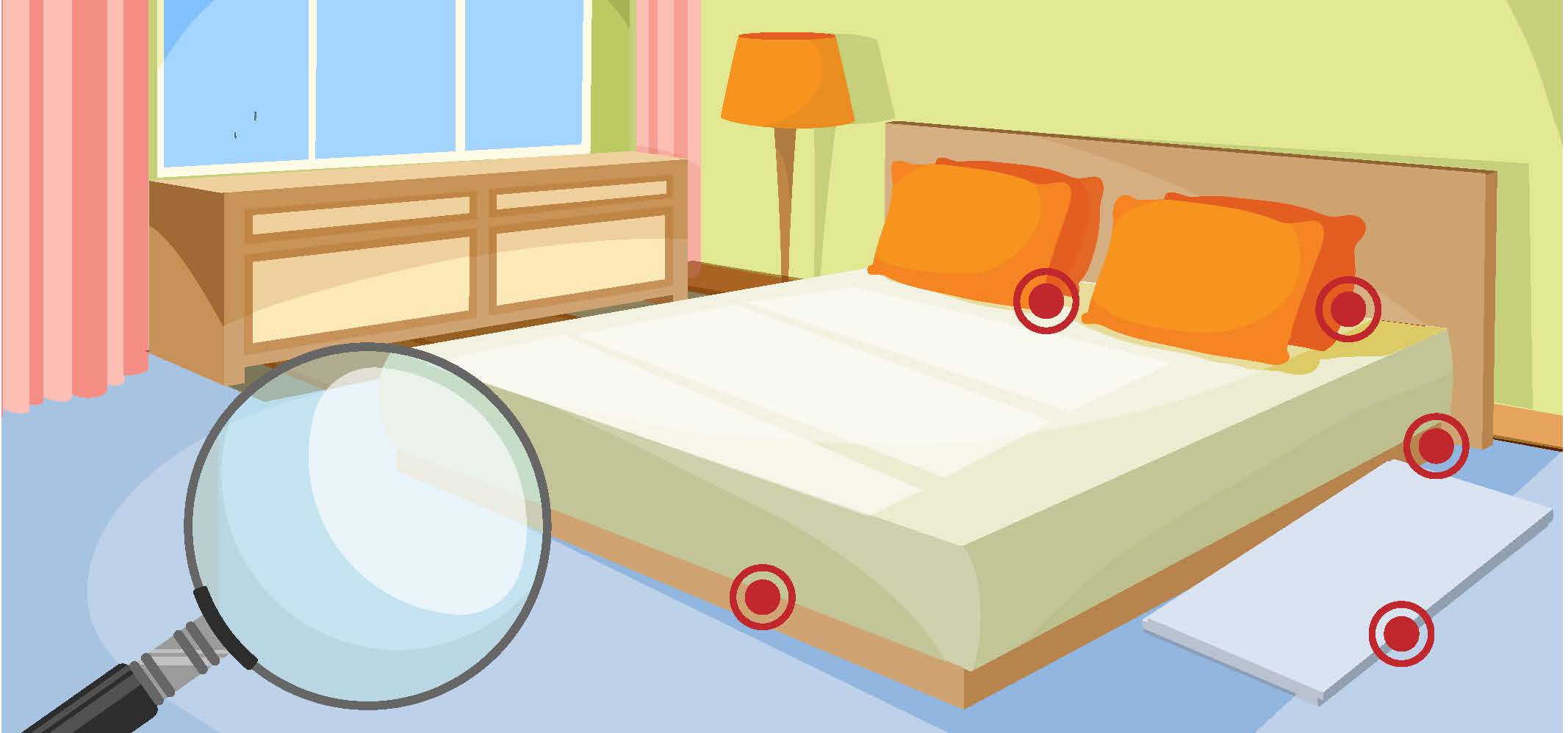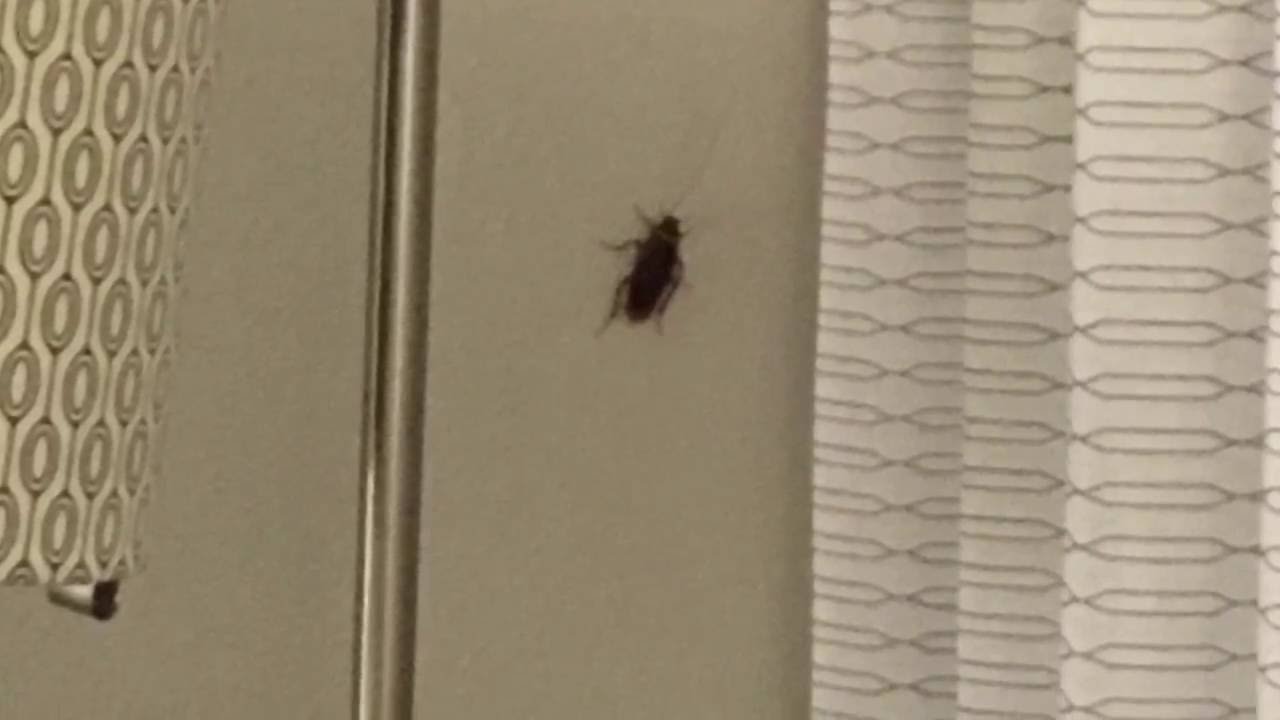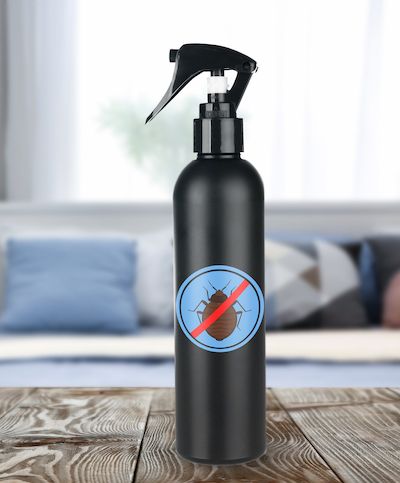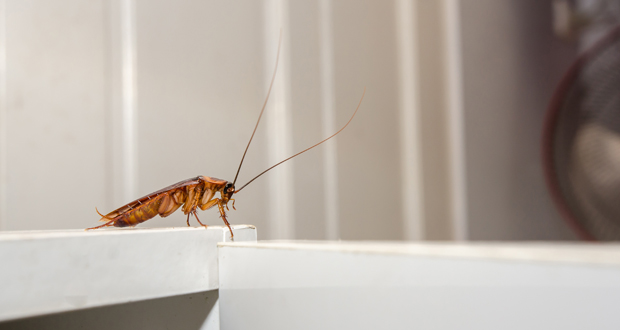Kuala Lumpur’s bustling hotel industry is ever-expanding, and with it comes the need for effective pest control services to ensure guest comfort and safety. In a city that never sleeps, hotels must prioritize maintaining pristine environments free from pests. The top three pest control services in Kuala Lumpur have become essential partners for hoteliers looking to safeguard their reputation and provide exceptional experiences for their guests.
These leading pest management companies offer comprehensive solutions tailored to the unique needs of hotels, utilizing advanced techniques and environmentally friendly practices. They’re equipped with skilled professionals who understand the importance of discretion and efficiency in a hospitality setting. Whether dealing with common issues like bed bugs or more region-specific pests such as tropical ants or mosquitoes, these services stand out for their reliability and commitment to excellence.
Selecting the right pest control provider is crucial; hence hotel managers often look for those with proven track records in handling complex challenges within urban hotel environments. The best services in Kuala Lumpur are known not just for their immediate results but also for helping hotels implement long-term strategies to prevent future infestations. This proactive approach ensures that guests enjoy a clean, safe, and inviting atmosphere throughout their stay.
List of The Best Pest Control Companies in Kuala Lumpur
1. Eco Pest Control Kuala Lumpur Branch
At the heart of a pest-free environment stands Eco Pest Control Kuala Lumpur Branch, renowned for its licensed experts and their prowess in eradicating pests that threaten the serenity of hotels and other establishments. They’ve carved out a niche by effectively dealing with termites, rodents, bedbugs, among other nuisances. Here’s why they’re at the top of our list:
- Their team boasts deep knowledge and extensive experience in pest control.
- Residential and commercial properties can count on tailor-made solutions.
- No matter the pest—from ants to cockroaches or termite infestations—Eco Pest Control tackles each one with precision.
Hotels looking to maintain their reputation for cleanliness need look no further than this company whose technicians are well-equipped to handle an array of pest challenges.
Address: 14-1, Jalan 6/62a, Bandar Sri Menjalara, 52200 Kuala Lumpur, Wilayah Persekutuan Kuala Lumpur
Phone Number: 03-78900850
URL: https://ecopestcontrol.com.my/locations/kuala-lumpur/
2. Empire Pest Control KL
Next up is Empire Pest Control KL which has been safeguarding premises against unwanted guests for over a decade. This company doesn’t just get rid of pests; it prevents them from coming back through integrated pest management approaches:
- Services include treatment and control of termites, ants, bed bugs, fleas, cockroaches, and rodents.
- A blend of safe yet effective solutions keeps both homes and businesses protected.
- Their dedication to staying current with technologies means they offer some of the most reliable services around.
With a track record like theirs, it’s clear why they stand as one of Kuala Lumpur’s leading pest controllers—trustworthiness built on years of consistent performance.
Address: 63, Jalan Mutiara Barat 6, Taman Mutiara Barat, 56000 Kuala Lumpur, Wilayah Persekutuan Kuala Lumpur
Phone Number: 03-33851988
URL: https://www.empirepestcontrol.my/kuala-lumpur-kl/
3: KL1 Pest Control
Lastly but certainly not least is KL1 Pest Control—a name synonymous with eco-friendly methods that don’t compromise on efficacy. They understand that whether you’re running a hotel or any other business establishment:
- Ensuring your space is free from pests is paramount.
- A comprehensive service suite targets common pests such as ants, cockroaches, rodents while also covering termites and bed bugs.
KL1 Pest Control doesn’t just eliminate pests; they aim to prevent future infestations through strategic measures designed to keep environments healthy for everyone involved. With them on board, peace of mind comes standard.
Address: 32, Persiaran Nusantara, Jalan Sri Hartamas 1, Duta Nusantara, 50480 Kuala Lumpur, Wilayah Persekutuan Kuala Lumpur
Phone Number: 0333851990
URL: https://kl1pestcontrol.com.my/
Factors to Consider when Choosing a Pest Control Company
Experience and Expertise
When selecting a pest control service, the company’s experience should be at the forefront of your considerations. A firm with extensive experience is likely to have tackled various pest issues and thus, will possess the necessary skills to handle complex situations. They typically employ technicians who are well-versed in different pest behaviors and effective elimination strategies. Look for certifications or special training programs they’ve completed; these often indicate a higher level of expertise.
- Certifications: Many countries require technicians to be licensed. Check if the company’s staff holds valid certifications.
- Training: Regular training ensures that technicians stay updated on the latest methods and safety protocols.
Reputation and Reviews
Reputation is crucial when it comes to choosing a pest control company, especially in an industry where trust is paramount. Online reviews on platforms such as Google My Business or Yelp can offer insights into previous customers’ experiences. A consistent track record of positive feedback is a strong indicator of reliable service.
| Platform | Average Rating | Number of Reviews |
|---|---|---|
| Google My Business | 4.5 | 120 |
| Yelp | 4.0 | 80 |
In addition to online reviews, word-of-mouth recommendations can also guide you towards reputable companies known for their efficiency and customer service.
Eco-Friendly Methods
Eco-friendly practices are becoming increasingly important in pest control services due to heightened awareness about environmental impacts:
- Chemicals Used: Are they safe for children, pets, and sensitive ecosystems?
- Sustainability Practices: Does the company follow waste reduction techniques or use renewable resources?
Hotel managers should inquire about green options available since many guests prefer staying at eco-conscious establishments. Companies that prioritize environmentally friendly approaches not only safeguard health but also contribute positively towards your hotel’s reputation.
Importance of Pest Control for Hotels
Benefits of Regular Pest Control in Hotels
Hotels are sanctuaries for guests who expect cleanliness and comfort during their stay. Regular pest control ensures these expectations aren’t just met but exceeded by maintaining a pristine environment. A pest-free hotel:
- Enhances the overall guest experience, ensuring repeat business
- Protects the reputation of the hotel brand from negative reviews
- Prevents health hazards that can arise from infestations such as allergies or diseases
- Safeguards the structural integrity of the property from pests like termites
- Complies with local health and safety regulations to avoid legal repercussions
These benefits …

